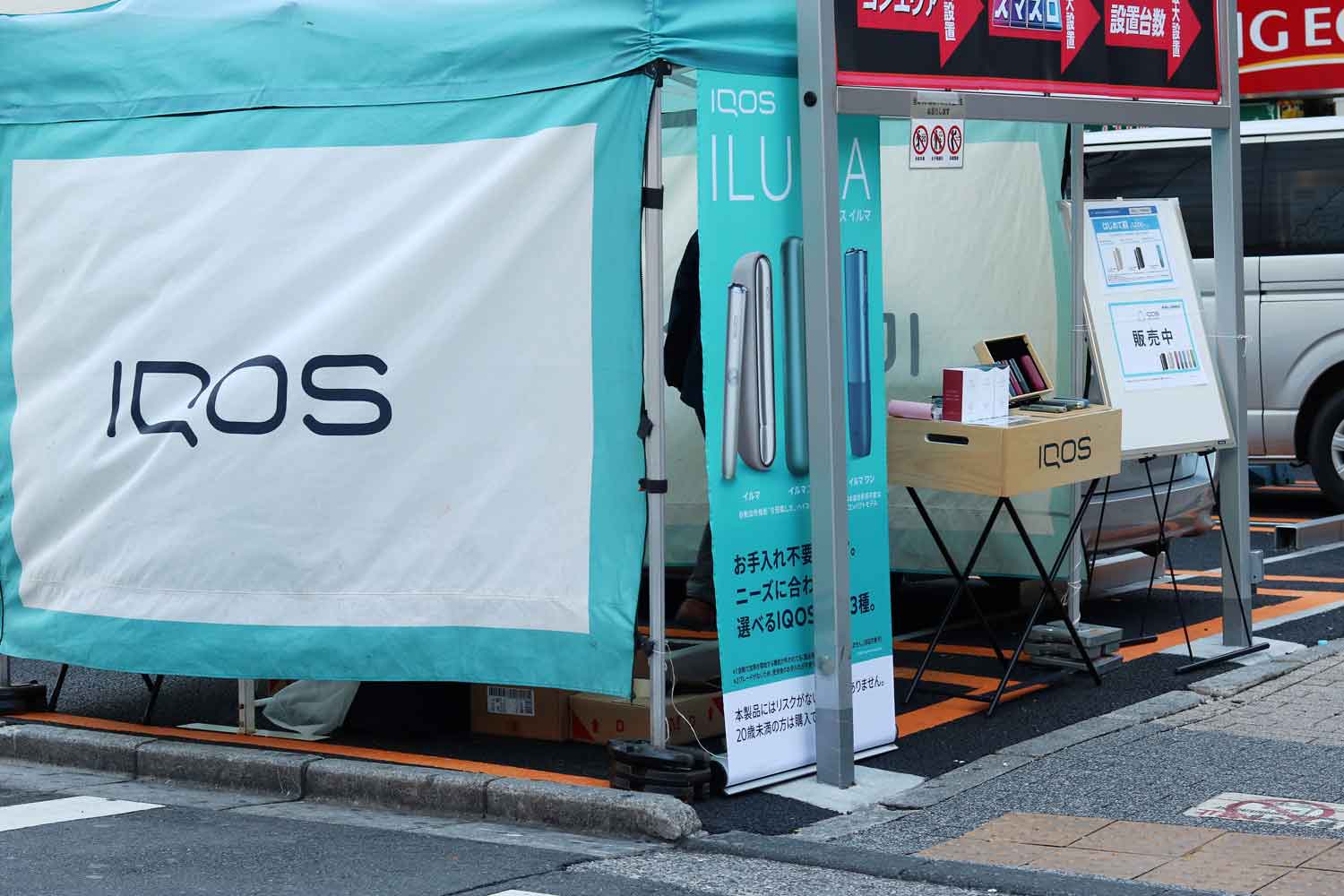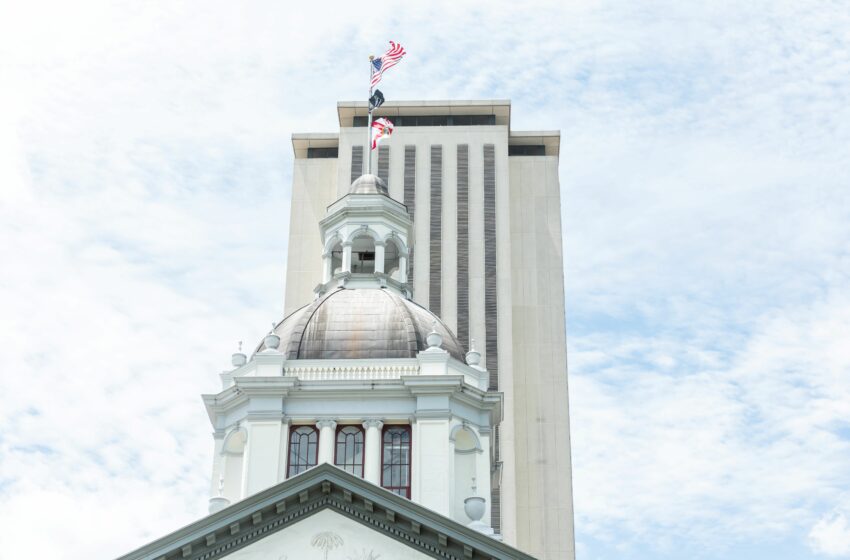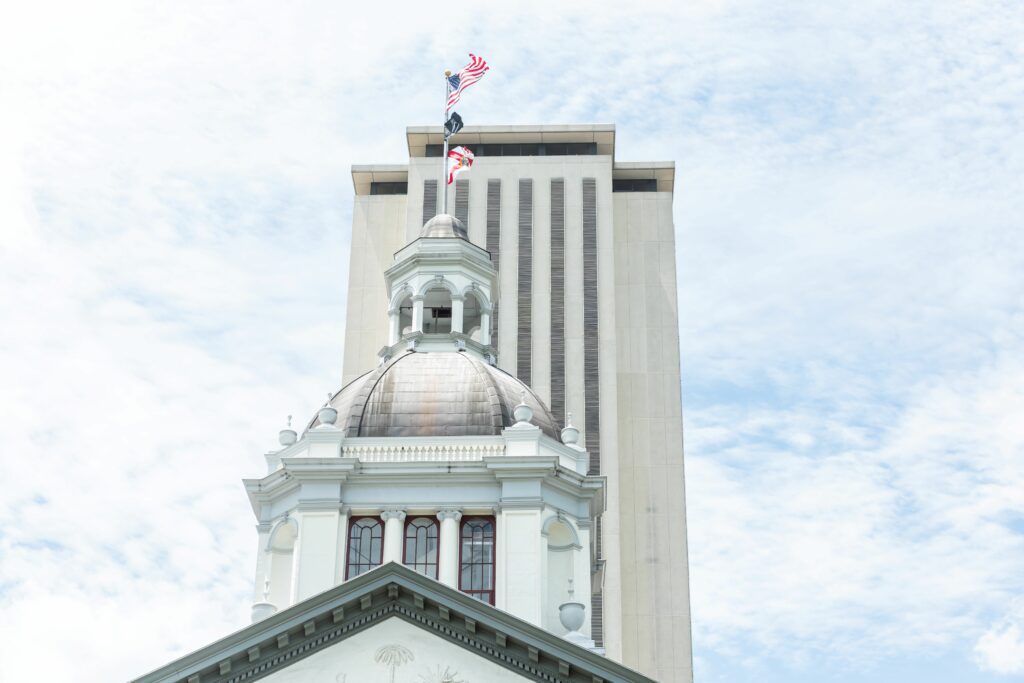
A federal judge approved the final part of a class action settlement with the e-cigarette company Juul Labs and its parent company Altria, bringing the settlement total to just over $300 million.
In 2018, the plaintiffs charged Juul Labs with misleading the public about the addictiveness of Juul and the risk of the e-cigarettes and its nicotine cartridges.
The plaintiffs also said Juul had targeted teenagers with candy-flavored Juul pods and “multimillion-dollar ad campaigns and social media blitzes using alluring imagery.”
The case survived a number of hurdles: The judge denied multiple motions to dismiss the suit and agreed to certify four different classes of plaintiffs (a nationwide class, a nationwide youth class, a California class and a California youth class).
In January, the judge gave preliminary approval to a $255 million settlement between Juul Labs and the plaintiffs, according to Courthouse news. Friday’s ruling grants approval to Altria’s payment of $45,531,250. The sides have yet to reach an agreement on attorneys fees.
“Court finds that this monetary recovery is fair, reasonable, and adequate given the risks of proceeding to trial and the maximum recovery potentially available to Settlement Class Members if the Class Representatives had prevailed at trial,” wrote U.S. District Judge William Orrick in his order.
Last year, Juul agreed to pay six states $462 million to settle claims that it had marketed its vaping products to teenagers. The year before that, it agreed to pay $438.5 million to 33 different states and Puerto Rico.
Altria Group exchanged its entire investment in Juul Labs in 2023 for a non-exclusive, irrevocable global license to certain of Juul’s heated tobacco intellectual property.


















